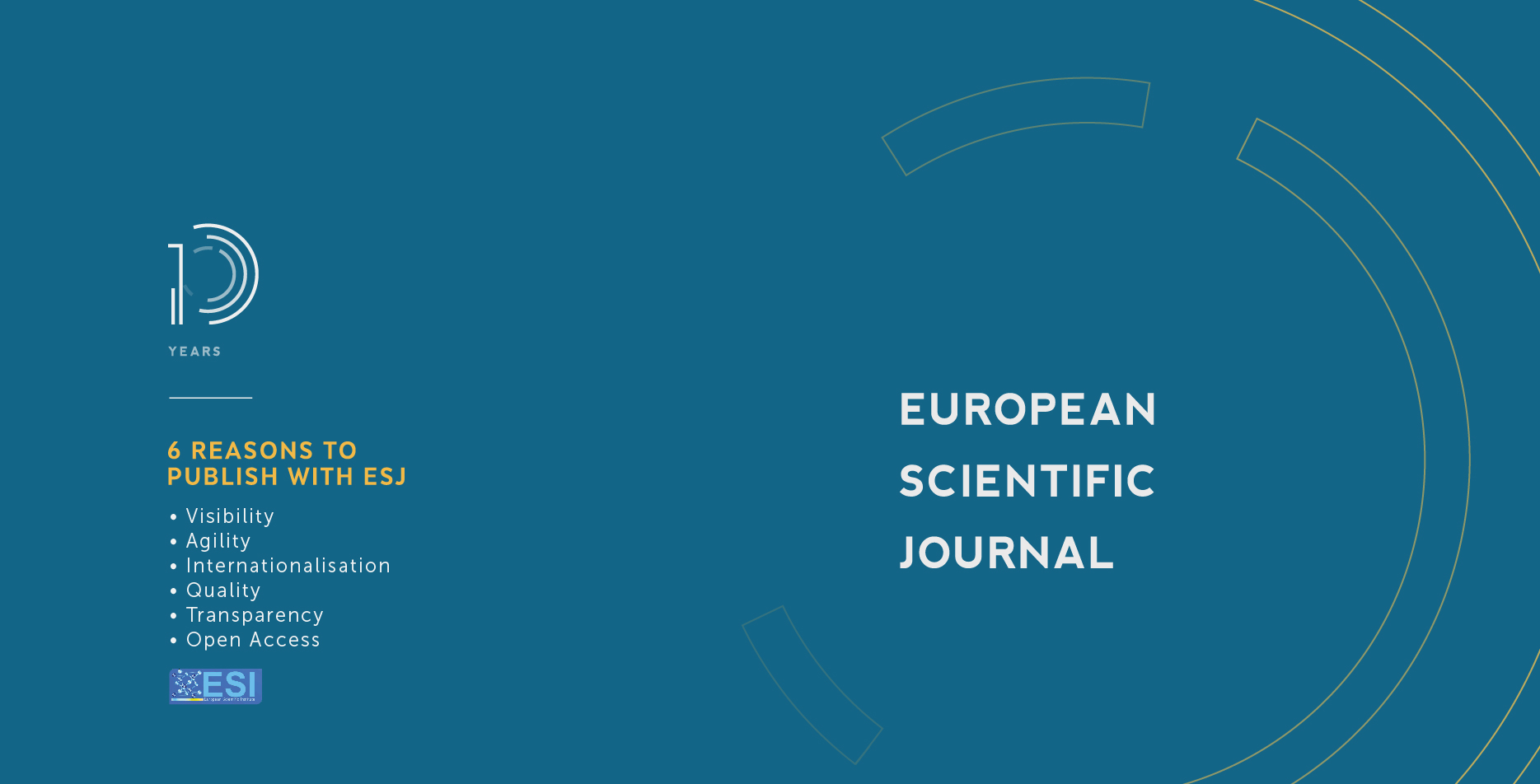The Influence of Relative Advantage Towards e-Procurement Adoption Model in Developing Countries: Tanzania Context
Abstract
The aim of this study was to fill the knowledge gap through assessing the influence of relative advantage towards e-procurement adoption in developing countries, Tanzania in particular. The study adopted positivism philosophy and cross-sectional survey research design. The study also used stratified sampling technique. Sample size was 157. Questionnaires and documentary review were used for data collection. The collected data were analysed by using Partial Least Squares Structural Equation Modelling with the help of SmartPLS 3 software. Findings reveal that in the presence of attitude, relative advantage has direct and indirect influences towards e-procurement adoption. Grounding on the theoretical and empirical gaps, the hypothesized relationships of the determinants of new technology (relative advantage and attitude) have therefore filled these gaps which leads to the theoretical, empirical and practical contributions.The study recommends attention to be paid for relative advantage towards e-procurement adoption in Tanzania and in all developing countries which intend to adopt new technologies in public sector.
Downloads
PlumX Statistics
Copyright (c) 2020 Deus N. Shatta, France A. Shayo, Alban D. Mchopa, John N. Layaa

This work is licensed under a Creative Commons Attribution-NonCommercial-NoDerivatives 4.0 International License.








